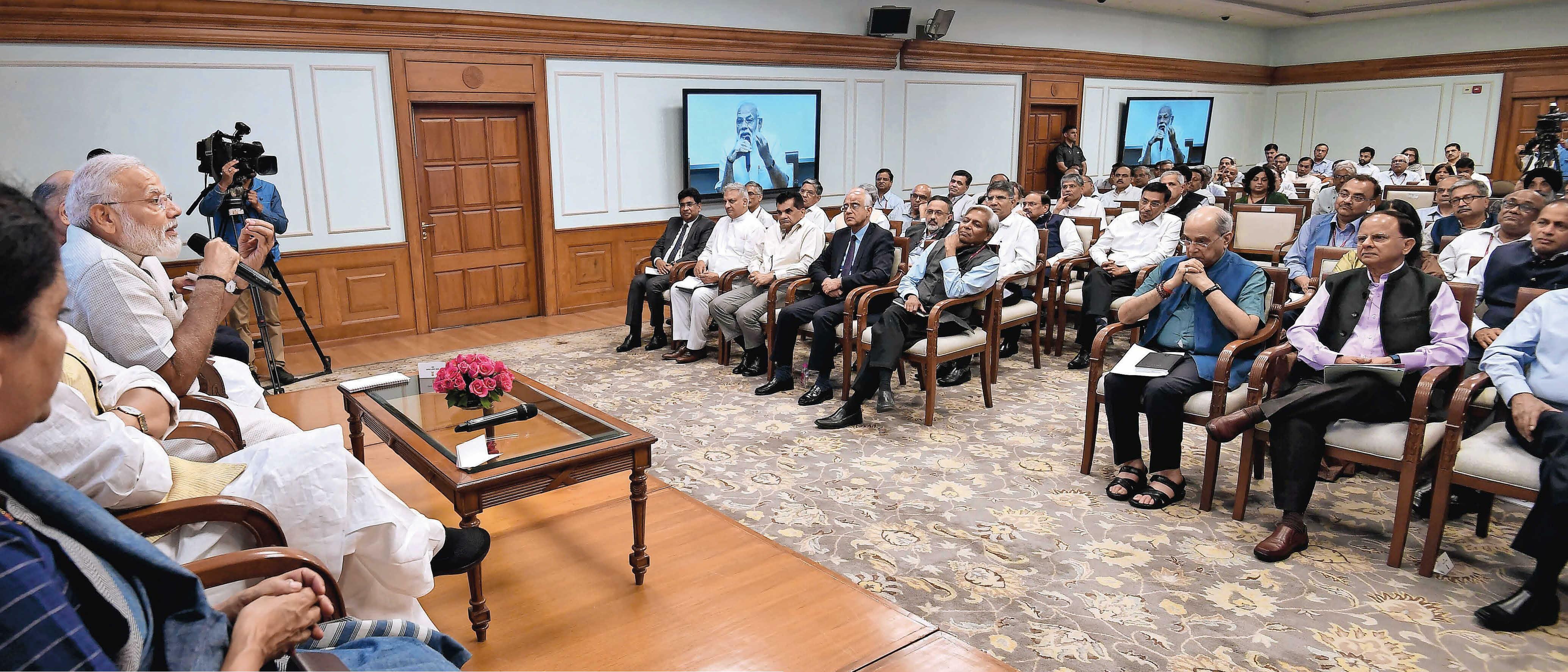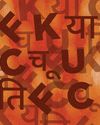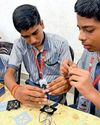Versuchen GOLD - Frei
MAKING MERIT COUNT
THE WEEK India
|January 08, 2023
The Modi government's decision to implement the 360-degree performance appraisal has shaken up India's grand old bureaucracy. The remodelling of governance is forcing civil servants to figure out how to stay relevant in a world where technology is taking over jobs

While serving as chief minister of Gujarat, Narendra Modi was annoyed when some of his aides complained about a senior bureaucrat’s incompetence and character flaws. Asking them why the concerns were not flagged earlier, he said promotion committee meetings had no meaning if all officers were automatically promoted. Such thoughts perhaps triggered the ongoing remodelling of India’s bureaucratic steel frame.
The most striking feature of the remodelling is the new 360-degree appraisal, which determines the selection of joint secretaries and higher officers at the Centre. This first big change has shaken up a privileged section in the bureaucracy in Lutyens Delhi.
But how did the cosy club come into being? According to Rajiv Mehrishi, a 1978-batch IAS officer who served as finance secretary, home secretary and comptroller and auditor general of India, it was the product of the country’s socialist system. He said: “Accepted first as a policy and then as a constitutional obligation, avowedly for the benefit of the poor, it, in fact, created an elite whose vested interest was to keep talking about the poor and keep benefiting from a system that gave them a privileged existence and a superior social status.”
It created a situation where the levers of power were wielded by an elite club of English speakers, as divorced from real India as any Indian could be. “We have had generations of bureaucrats, judges, doctors and lawyers, almost as if obtaining positions by inheritance had not been discontinued,” said Mehrishi.

Diese Geschichte stammt aus der January 08, 2023-Ausgabe von THE WEEK India.
Abonnieren Sie Magzter GOLD, um auf Tausende kuratierter Premium-Geschichten und über 9.000 Zeitschriften und Zeitungen zuzugreifen.
Sie sind bereits Abonnent? Anmelden
WEITERE GESCHICHTEN VON THE WEEK India

THE WEEK India
Trump and the C word
Dr Christine Fair, a prominent American political scientist and Georgetown University professor specialising in South Asian security and counter-terrorism, recently called President Donald Trump a ch***ya-several times-during an interview with Pakistani-origin British journalist Moeed Pirzada, a man who himself is no stranger to the word on air.
2 mins
September 07, 2025

THE WEEK India
India will have its own space station by 2035
DR JITENDRA SINGH, Union minister of state, science and technology
4 mins
September 07, 2025

THE WEEK India
BEST EXERCISE TO FIGHT INSOMNIA
New research published in BMJ Evidence-Based Medicine suggests that yoga, Tai Chi, walking and jogging may be the most effective forms of exercise for improving sleep quality and easing symptoms of insomnia. Insomnia affects about 22 per cent of adults and is associated with an increased risk of numerous mental and physical health conditions, including dementia and cardiovascular disease.
7 mins
September 07, 2025

THE WEEK India
Space to grow
From designing satellites to starting space companies, young Indians have joined the space revolution
4 mins
September 07, 2025

THE WEEK India
ALL BETS ARE OFF
The ban on real-money gaming apps has forced companies to pivot
6 mins
September 07, 2025

THE WEEK India
Home is where the art is
Taba Chake had to leave Arunachal Pradesh to find success, but through his music, he takes a piece of home wherever he goes
4 mins
September 07, 2025

THE WEEK India
A future pregnant with promise
Chinese researchers have announced that they are developing a humanoid robot with an artificial womb designed to replicate the entire process of human pregnancy—from conception to birth. Led by Dr Zhang Qifeng of Kaiwa Technology, the project was unveiled at the 2025 World Robot Conference in Beijing. The artificial womb, filled with synthetic amniotic fluid and connected to a nutrient delivery system, is intended to support foetal growth through a full-term gestation. A prototype is expected by 2026, with an estimated cost of about 1,00,000 yuan (around ₹12 lakh).
2 mins
September 07, 2025

THE WEEK India
The problem with being too rich
Norway has a new complaint. It's too rich. Economist Martin Bech Holte titled his cautionary bestseller: The Country That Became Too Rich. On book tours across the nation, he has been warning citizens about the side-effects of oil wealth. With a per capita GDP of ₹87 lakh ($100,000), Norway is richer than the US, China, Japan, Britain, France and other developed nations. Besides, in theory, the per capita share in its booming $2 trillion oil fund, the world's largest sovereign wealth fund, is an additional ₹3 crore.
2 mins
September 07, 2025

THE WEEK India
THE STORM RIDER
ARUNDHATI ROY, IN HER LATEST BOOK, BRINGS OUT THE MANY SHADES OF HER MOTHER—HER COURAGE AND HER COQUETRY, HER WARMTH AND HER VENOM. AFTER ALL, SHE WRITES, SHE IS CONSTRUCTED FROM THE DEBRIS OF HER MOTHER'S FURY
11 mins
September 07, 2025

THE WEEK India
The taboo tax
India's abortion laws recognise a woman's right to choose, but stigma and inflated costs often make that choice hard
5 mins
September 07, 2025
Translate
Change font size
